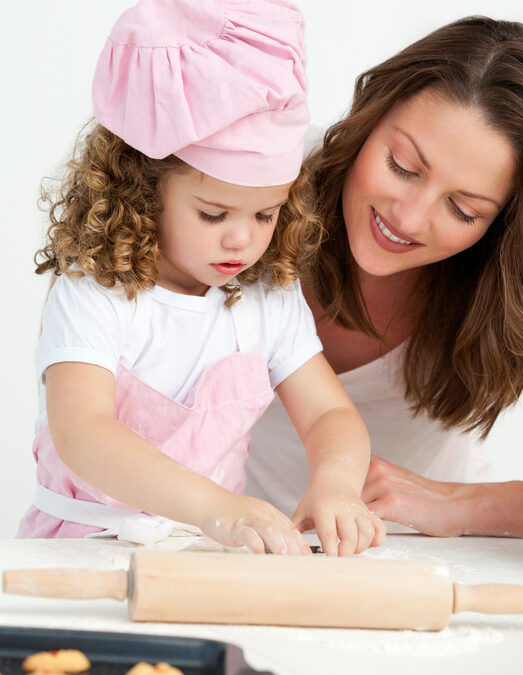It’s never too early to start teaching your homeschool kids life skills. Life skills encompass many skills, abilities, and techniques that a person can use on a regular basis to ensure that they live a healthy, happy and prosperous life. These abilities are translated into positive behavior that allows a person to deal effectively with the demands and challenges of life.
Having been taught the correct life skills can allow your homeschool students to make the most out of their lives. It’s never too early or too late to teach your child a new life skill. Here are three age appropriate life skills to start your toddler or elementary homeschool student off on.
Basic Hygiene
Brushing teeth, having a bath, and dressing themselves, can be the first rung of teaching your homeschooled toddler the basics of hygiene. Parents prefer to do these tasks for the toddler because it limits the mess to clean up afterwards. However, this is a very short term view and doesn’t teach the toddler to be responsible for their own bodies and hygiene.
No Fire Cooking and Eating Healthy
There is no need to make the child understand complex concepts of nutrition, but it is possible to build up healthy food habits by introducing them to healthy foods before treating them with commonly available junk food. Have the homeschool schedule include a couple of slots for preparing and consuming healthy snacks. Peel and cut fruit and raw vegetable, have various dressings and dips available. Make the plate look colorful and interesting.
Communicating Clearly and Honestly
This one is an ongoing process and needs considerable attention. Children will pick up the way the parents communicate through sponge learning. The homeschool teacher may speak of the virtues of honesty, but then lie to their friends about not being able to make it to an outting. The homeschool student will register that it’s okay to believe in the concept of honest, and still tell lies to get out of a socially challenging situation. It is up to the parents to become live examples of what is acceptable to guide the children.

